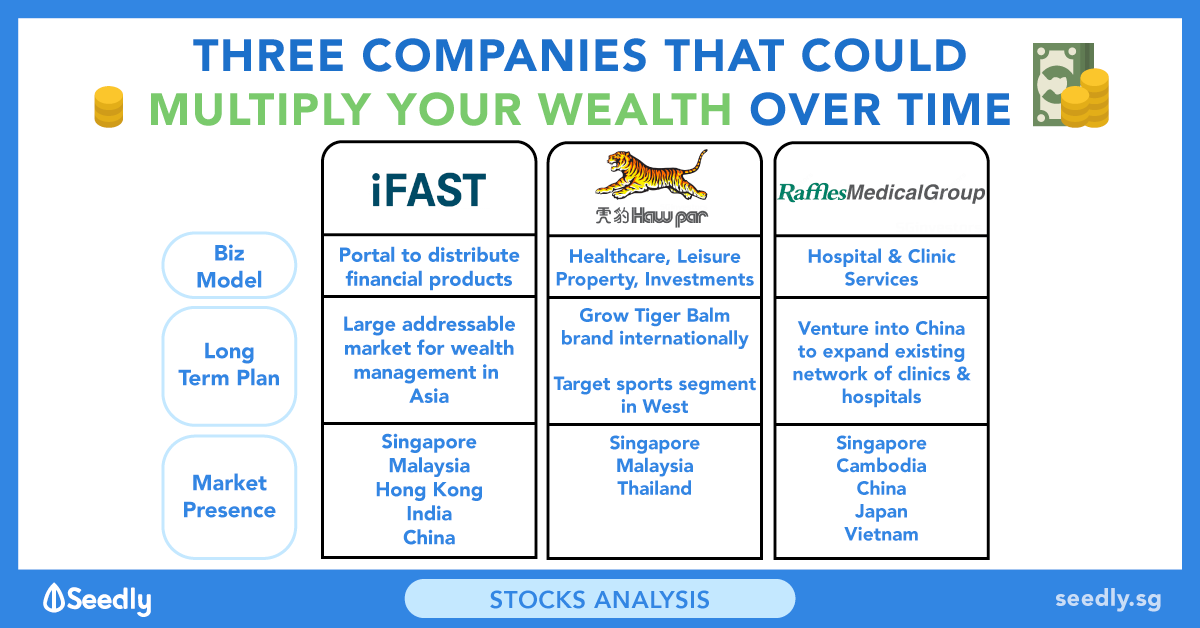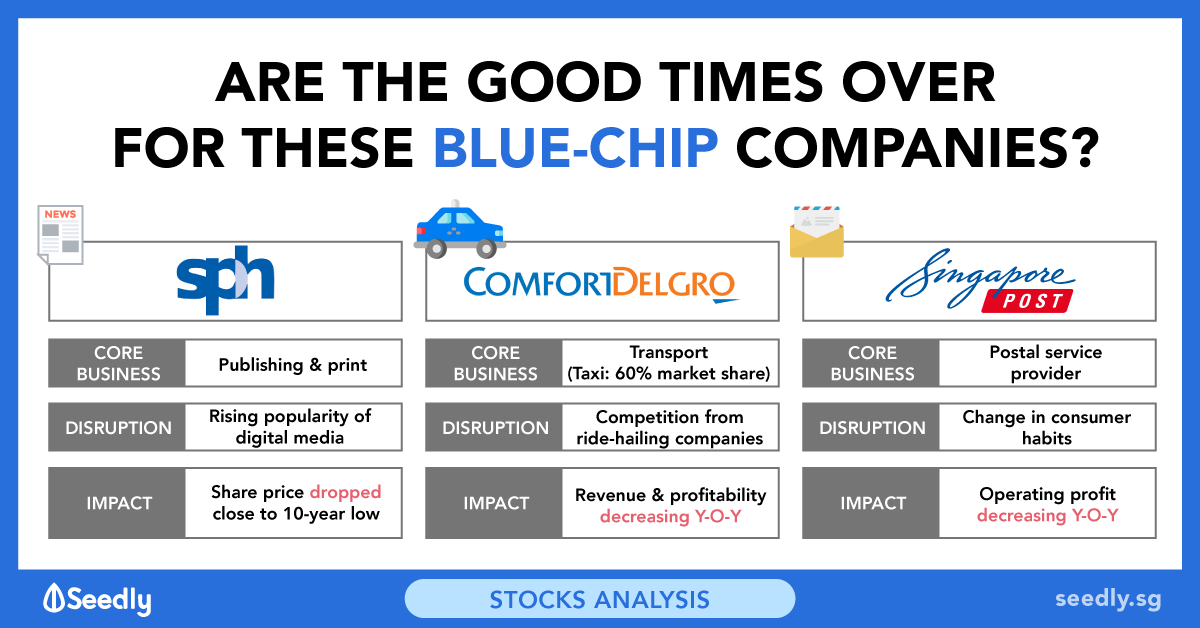Advertisement
Are there any national statistics on the 2008-2009 crisis time default rates of SMEs or companies of similar profile on the p2p platforms?
Are there any national statistics on the 2008-2009 crisis time default rates of SMEs or companies of similar profile on the p2p platforms?
2
Discussion (2)
Learn how to style your text
Alex Chua
02 Jul 2019
Seedly student Ambassador 2020/21 at Seedly
Reply
Save
Brandan Chen
02 Jul 2019
Financial Planner at Manulife Singapore
The answer is NO. I used to work for a stat board that oversees SMEs, and I was in the team managing the SME loan portfolio.
For P2P to work, SMEs may be paying much higher interest than going to the bank which is why loan interest can go up to 20% p.a in some instances. In the past, such SMEs typically have no access to bank loans because they are viewed as "too risky".
Essentially, for those loans with attractive interest rates on P2P platform, they are typically SMEs which are deemed too risky for banks to lend. Think about it from the shoes of the SME towkay, if banks can lend me at 7% interest, why should I go to a P2P platform and pay upwards of 10%.
But what I can reveal is that SG SMEs generally have one of the lowest default rate gobally, and I refer to those SMEs that are able to take up bank loans. On top of which, SMEs that are smaller do not require audited financial statements, and majority of the SMEs fall under this category. Hence, even if data is present, would it be reliable and reflective since majority (80+%) of the SMEs are Micro SMEs which turnovers of less than 1M and do not need to furnish audited statements
Reply
Save
Write your thoughts
Related Articles
Related Posts
Related Products
Funding Societies
4.1
565 Reviews
18% on interest earned
INVESTOR FEES
$20 per campaign ($100 initial deposit)
MINIMUM INVESTMENT
1.26%
DEFAULT RATE (2020)

Minterest P2P Lending
4.5
62 Reviews

BRDGE P2P Lending
4.1
251 Reviews
Related Posts
Advertisement









Maybe you could study the cases outside of Singapore such as EU, UK where p2p lending started before financial crisis and when p2p lending started to boom during the financial crisis. The human characteristics or trend could bring some similarity to that of singapore